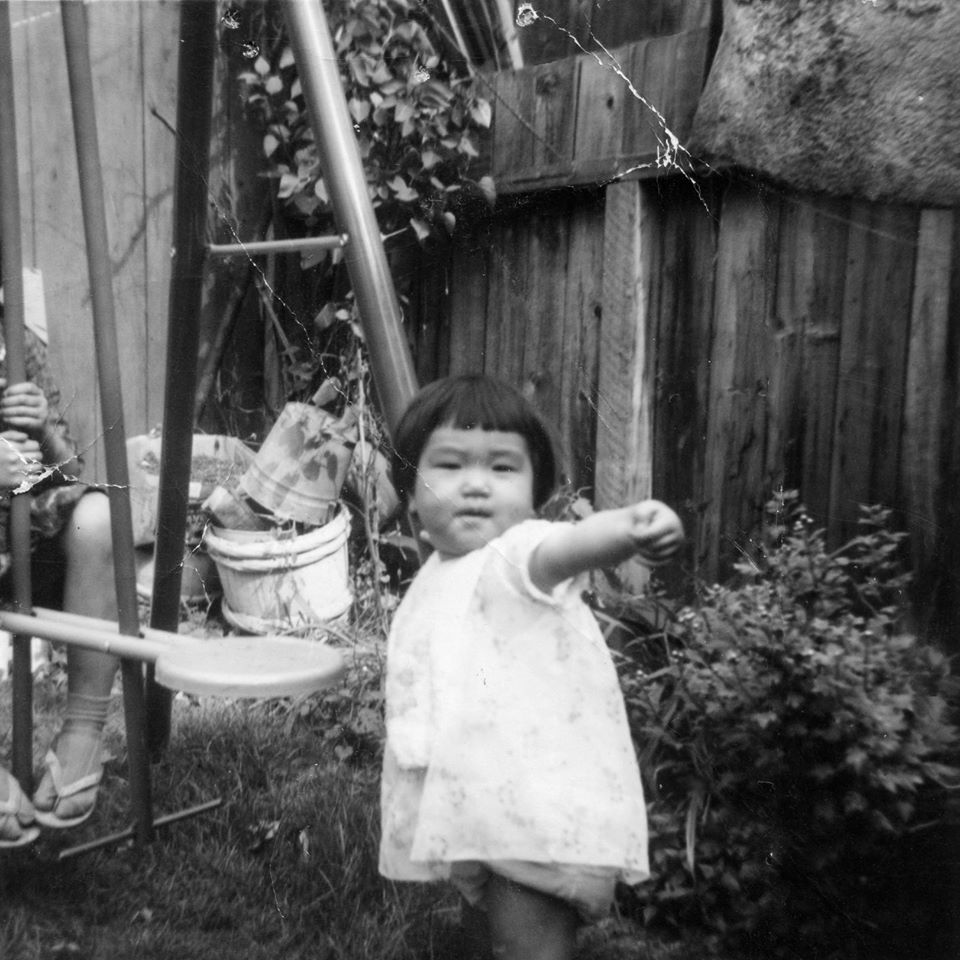
I was looking for inspiration for 2018 and found the Tim Ferris Ted Talk under the best of 2017. It was exactly what I needed.
I appreciate how honest, open and down-to-earth Tim Ferris is. We need more of this, especially disclosing what it means to be human and the emotional struggles we face that are can bring us together instead of having us suffer in isolation, in particular, loneliness, depression, heartbreak, not feeling we are not enough, being vulnerable, and our fears, which are many.
I’m in Japan finishing my book so the Ted Talk came up automatically for me with Japanese subtitles. I’d thought I’d keep them in for my Japanese friends to be inspired too.
Tim says in his talk that it starts with our fears vs. goals and what we can control vs. what we can’t control. This is our superpower.
Lately, I have been taking the driver’s seat to my life instead of being a victim and the view is pretty good from here. I am looking at what I can control vs. what I can’t. I heard this before many times from many places and people, and even I said it to friends I must admit, but never really put it into practice. When I finally started to, I don’t know what took me so long.
I worried so much about people and situations that I can’t change, though I’d love to, we’d all love to. If we could just change this person or have this person see how good I am, then they would change and all would be great, right? If I could just have more money then I will happy. It’s like being a junkie, looking for the fix because after that all will be good, until the next time that is.
My therapist says the victim thinking takes us back to when we were truly helpless as children, however even though we are adults we still can’t get out of the thinking, especially when we are vulnerable and in emotional pain.
I would wait for the right potion or person that I loved to say “I am great” and am “enough”. When I didn’t get what I wanted, I would blame situations and people. Can’t they see how well I am doing? How good of a person am I? Why are they so hard on me?!
When I realized that no one can help me but me in the end, go figure, and the brighter future starts from now, I got into the driver’s seat and took control of my life.
What helped me to get there? Gratitude and observation. And being beaten down so many times from playing the helpless victim role I was ready to try a new way.
My meditation, yoga and morning writing practice help me to be more reflective and observant. Observation is key because the victim mode happens so naturally and quickly that I don’t even recognize the signs until I end up in a place that I feel is hopeless and I am distraught. This is one of the signs that I need to pause and take a step backward, instead of trying harder, working more, and being better. This is not easy if you’re an overachiever and perfectionist like me.
Also gratitude. I started a gratitude headstand practice. After my morning yoga session, I do a headstand and stay there until I list 50 things that I am grateful for. If headstands are not your thing, then try something else, the shower, being in the car, a walk in nature, or being on the subway. Ideally, it’s something you do every day and will trigger you to do this. If you can’t think of things, start with being alive and your breath and go from there. I started with a 21-day challenge and mark every day on my calendar that I accomplish this. For some reason, this makes me feel good. Gold star or happy face stickers might be better. Go for it!
I loved Tim’s quote, “we suffer more often in our imagination than reality.” How true and sad.
He goes through exercises to look at what we’d like to do in our lives and goes right into the fears about them, to ask what are the worst things that can happen, how can we prevent or decrease the likelihood they will happen, and if they happened what would we do?
He also asks us to reflect on the benefits of an attempt or partial attempt of reaching for our goals.
What hit me the most is the “cost of inaction” emotionally, physically, and financially of not going after what we want in the shorter and longer term.
He ends with one of the top stoic people in his life who when asked to talk about stoicism said that the most important thing is a life of principles and ethics and says,
easy choices, hard life
hard choices, easy life
Tim’s Ted Talk inspired me to take some time to do these exercises as a first step. I thank Tim Ferris for the inspiration and kudos to Caroline for driving me here.
Will you join me?
Also published on Medium.







0 Comments